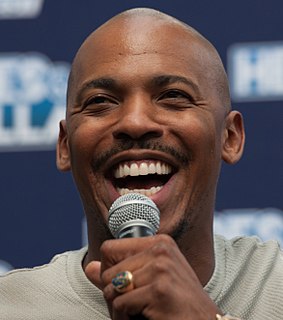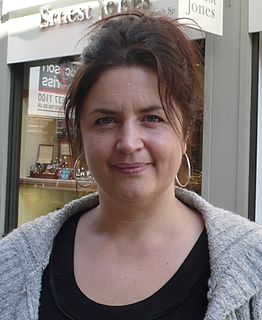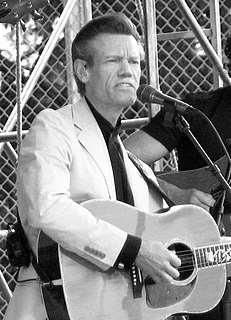A Quote by Ian Rankin
When I was in my early 20s and still at uni, I won a short-story competition: £200 was the prize.
Related Quotes
Whatever you think The Uni-verse is withholding from you, YOU are withholding from The Uni-verse. If you think that The Uni-verse isn't answering your prayers, chances are you aren't listening to your intuition and following it. You are so scared that you ask for new intuition, but that's not how life works. The Uni-verse is constantly whispering to you, nudging you to trust It and take a leap. But if you don't take the leap of faith, then The Uni-verse can't open any more doors for you.
If you're in your early 20s and you're hanging out with a bunch of other people in their early 20s, nobody has a sense of the kinds of problems that real 'workers' run into every day. They're running into a completely different set of problems like 'What's the party going on right now that I should be going to?'
If you're in your early 20s and you're hanging out with a bunch of other people in their early 20s, nobody has a sense of the kinds of problems that real 'workers' run into every day. They're running into a completely different set of problems like 'what's the party going on right now that I should be going to?
There was a time in my late teens and early 20s where I was motivated by this wanting to get out, to prove to the world that I had something to offer - that kind of youthful spirit, where maybe I had my eye on fame and fortune. I mellowed out in my late 20s and now that I'm in my early 30s, I'm coming to peace with it.
When I got into my early 20s, I was going to bed one nightI was still drinking, still using drugs, and probably was drunk or high or both when I just picked up the Bible and started reading to go to sleep. I was amazed at how well I slept, but even beyond that, the next day, there was this peace of mind that was still there that I wasnt used to.




































